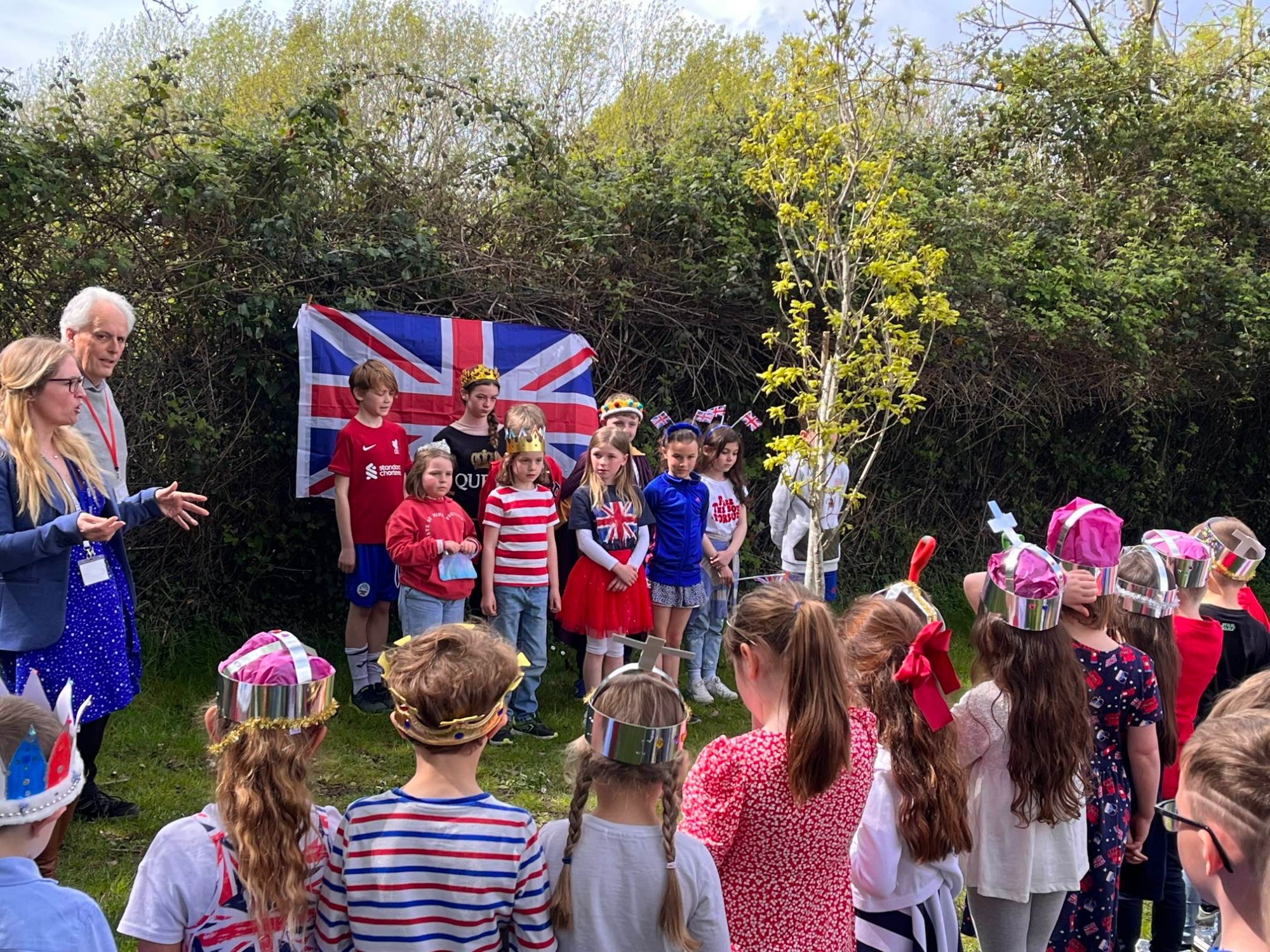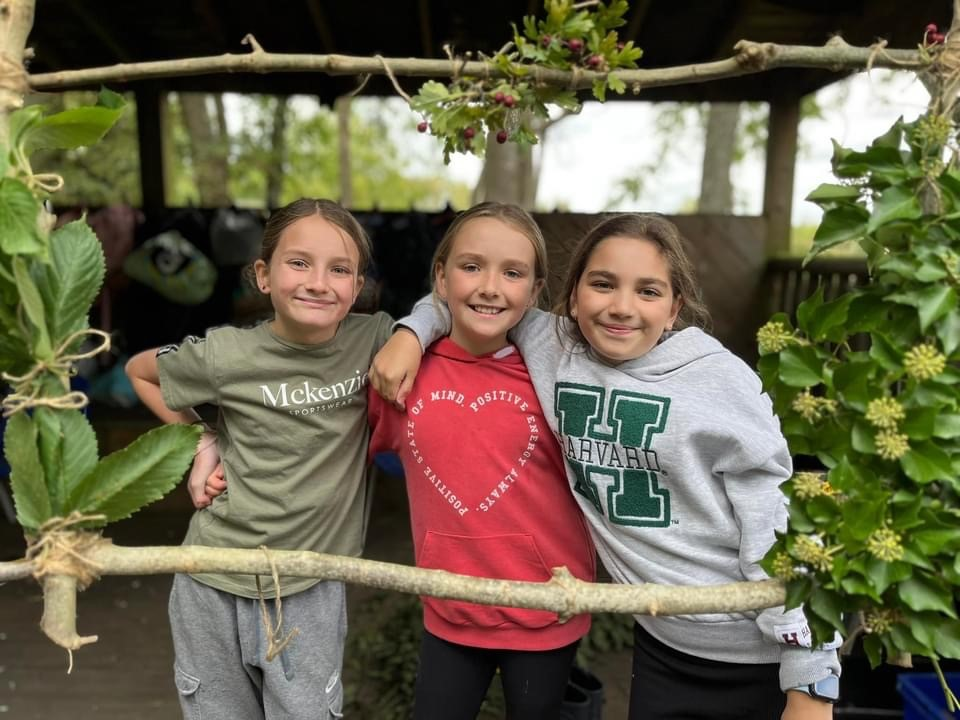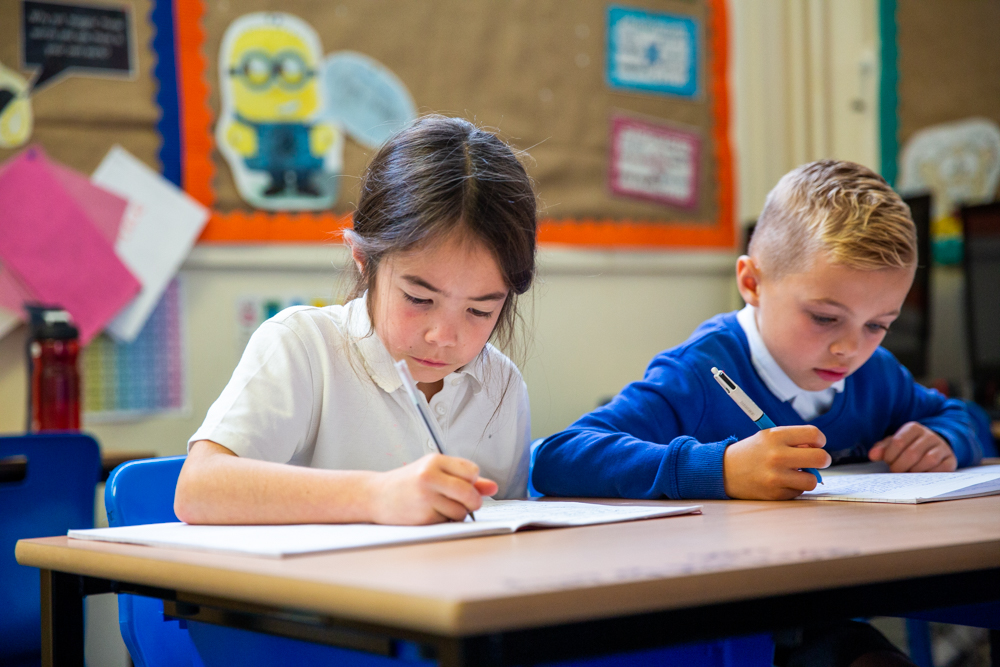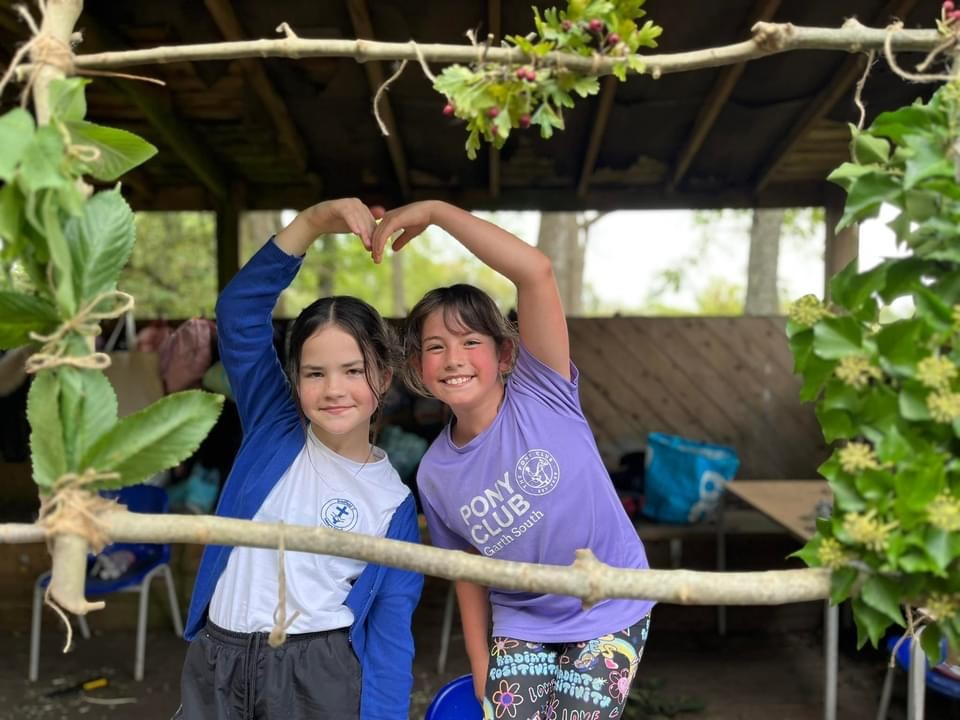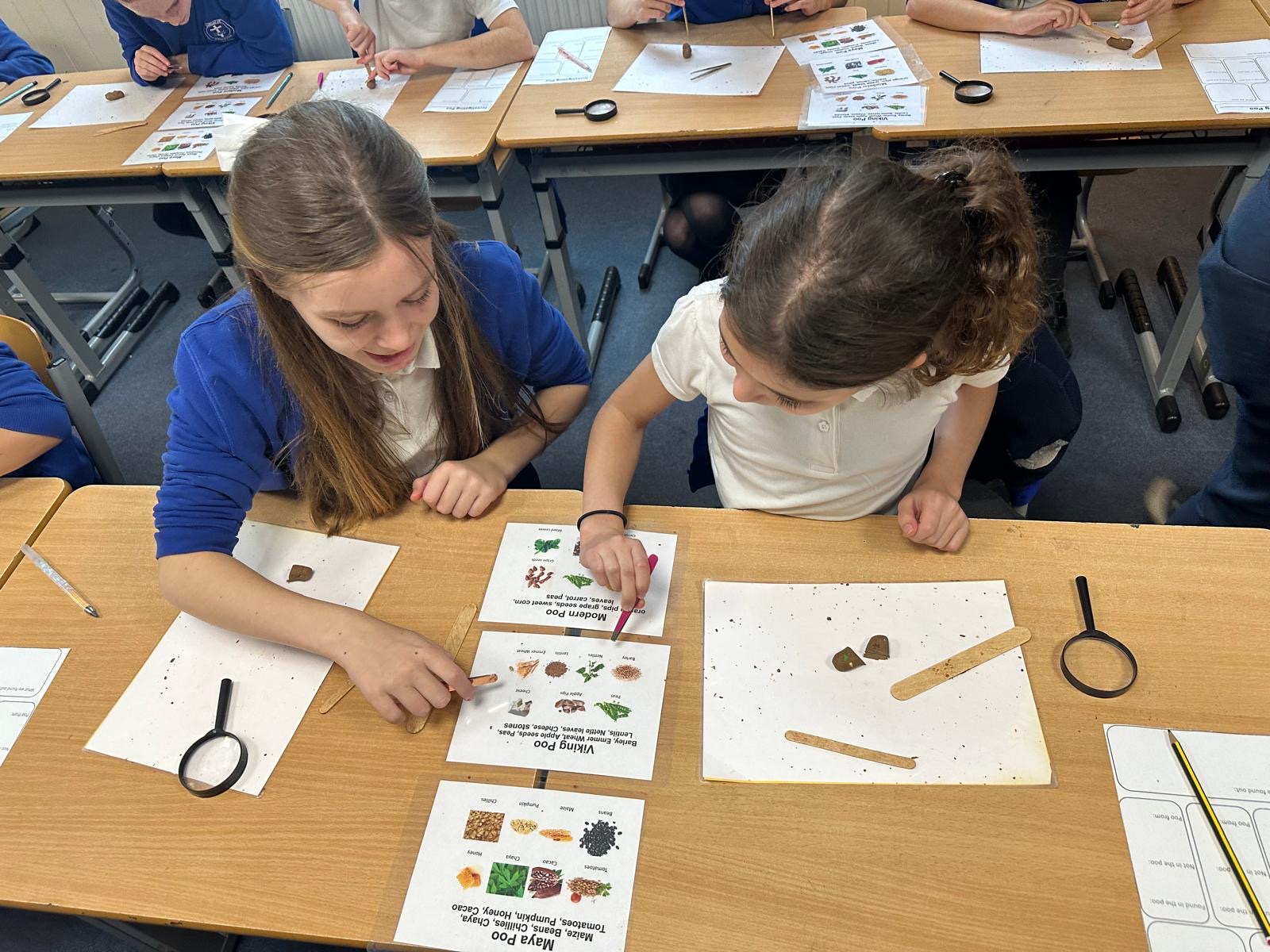Curriculum
The Curriculum At Bradfield CE Primary School
At Bradfield, we offer an ambitious, broad and balanced curriculum, spanning from EYFS to Year 6.
Using the 'Curriculum' menu, you can explore each of the subjects we teach, including the intent behind each one. In addition, we highly recommend exploring our other Curriculum tabs, to discover the aims and principles behind our curriculum, as well as the pedagogy (approach) we use to deliver them.
Schemes of Work
We use a range of schemes to support teaching and learning in different subjects:
Phonics - Little Wandle
Maths – White Rose Maths
RE – Understanding Christianity, Diocese of Oxford
PE – Real PE
Music, Computing, PSHE, MfL, Art & DT – Kapow
All other subjects have been specifically designed by our teachers for the needs of our pupils.
Curriculum Maps are available for each class through the classes link on this site and you can learn more about each curriculum subject by clicking on the subject menu.
